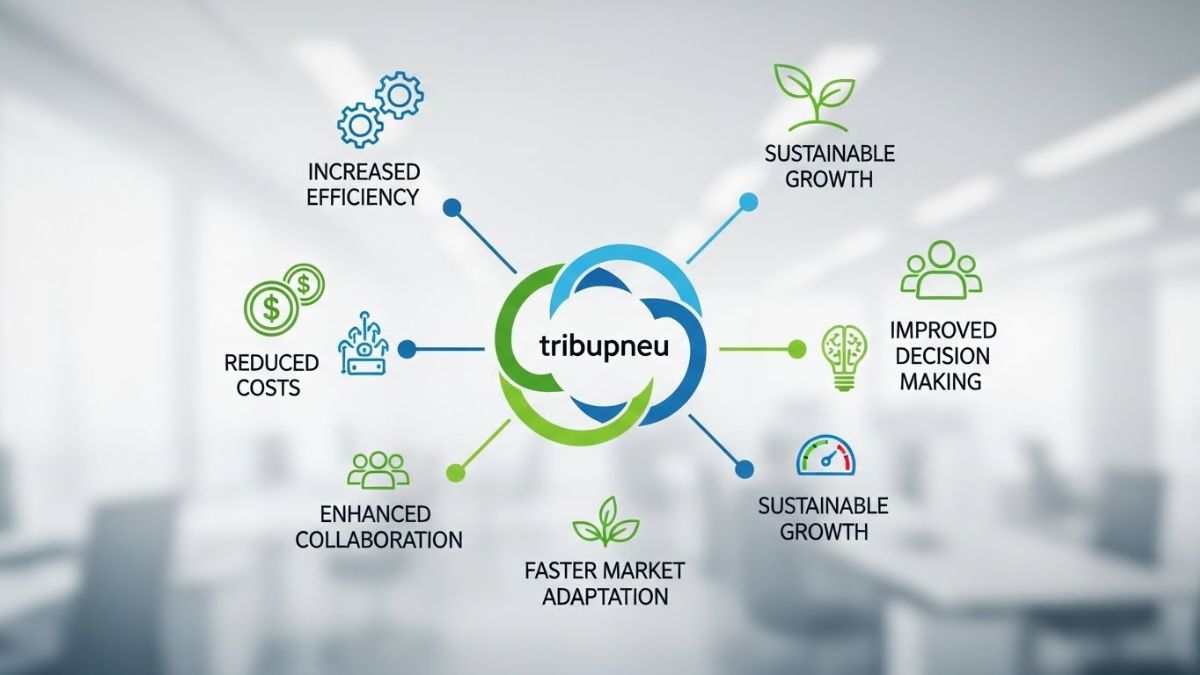Businesses depend on technology to be competitive in today’s hectic digital scene. APIs are one of the main accelerators of this change, as they allow several software systems to interact and exchange data easily.
API integration provides flawless communication, helping companies automatically grow operations, improve productivity, and automate tasks without conflict. API-driven ecosystems have become a basic feature of modern corporate architecture as businesses migrate toward increasingly linked systems.

Sales Management Software is very important in guaranteeing seamless operational processes as businesses increasingly choose sophisticated technology solutions. Combining several technologies and apps helps companies keep coordinated data across several platforms and simplify processes, increasing general efficiency and production.
Understanding API Integrations
Simply put, an API (Application Programming Interface) serves as a link, allowing multiple software systems to communicate. It outlines programs’ guidelines for seeking and sharing data without direct human interaction. For companies, API connections guarantee that several solutions cooperate effortlessly, simplifying operations. For instance, the website uses an API to interact with a payment gateway when a consumer makes an online payment, verifying and handling the transaction.
Businesses also employ APIs to link marketing automation solutions with customer relationship management (CRM) systems, guaranteeing real-time data synchronization and enhanced workflow efficiency. The sparkle sales management software uses APIs to integrate with other systems, ensuring seamless coordination and data flow.
APIs allow businesses to combine several services, improve functionality, and streamline operations without creating everything from scratch.
Advantages of API Integrations for Companies
Efficiency & Automation
APIs allow several software systems to interact effortlessly, eliminating the need for labor-intensive repeated activities. This automation reduces errors, simplifies processes, and allows teams to focus on strategic initiatives rather than daily data entry.
Enhanced Client Experience
Faster response times and tailored offerings can help companies improve client interactions by including APIs. APIs-driven systems provide, for example, automated chatbots, real-time order tracking, and custom suggestions.
Flexibility and Scalability
Software requirements change with business size. APIs allow the inclusion of new tools and technologies without upsetting current processes. This flexibility guarantees businesses can increase their capacity without completely changing their infrastructure.
Cost Savings
API integrations help reduce operating expenses by reducing manual intervention and process simplification. Automated data exchange minimizes the demand for extra resources, optimizes the use of current technologies, and makes company administration more affordable.
Better Decision-Making
Access to real-time data exchange helps companies make more informed judgments. By integrating numerous data sources, firms may examine trends, measure performance, and obtain important insights, leading to wiser, data-driven plans.
Key Industries Advantageing API Integrations
E-commerce
Well-designed API interfaces enable critical capabilities such as order fulfillment, inventory control, and payment processing in the fast-paced world of online retail. These integrations provide real-time stock updates, secure transactions, and seamless logistics, enhancing consumer satisfaction and operational efficiency.
Healthcare
APIs provide safe connections across many systems, therefore supporting the healthcare sector. API interfaces simplify healthcare services from telemedicine platforms, allowing virtual consultations and patient data interoperability between hospitals and clinics. APIs also help insurance firms handle automated claims and verify data.
Financial
APIs provide financial firms with investing platforms, fraud detection, and banking transactions. Safe access to financial data made possible by APIs helps enable risk analysis, real-time payment processing, and easy account management. Given improved security standards, modernizing financial services while guaranteeing regulatory compliance depends heavily on APIs.
Sales & Marketing
APIs let companies synchronize data across several platforms, automate processes, and include customer relationship management (CRM) capabilities. Teams may guarantee constant data flow using solutions like Sparkle Sales Management Software, therefore facilitating improved customer insights and simplified marketing strategies. These interactions enable companies to maximize their outreach initiatives and raise lead conversion.
APIs’ Future in Business
Low-Code/No-Code Integrations driven by AI
Artificial intelligence (AI) is progressively driving change in APIs. By reducing the need for human involvement, AI-driven APIs enable predictive analytics, intelligent decision-making, automation, and smart thinking. Furthermore, developing low-code and no-code platforms makes API connections more easily available, allowing companies to link apps without in-depth programming experience.
Growing Demand for Real-Time and Predictive Analytics
Businesses looking for real-time and predictive analytics driven by APIs are finding data-driven initiatives becoming indispensable. These connections let companies monitor consumer behavior, follow trends, and make proactive choices. Real-time data allows companies to improve operational effectiveness, customize client experiences, and best allocate resources.
Improved Security inside Ecosystems Based on APIs
Cybersecurity has taken the stage as dependence on API interfaces grows. Companies use sophisticated authentication systems, encryption methods, and threat detection tools to protect data flows. API security will change as technology develops to ensure companies combine systems without sacrificing regulatory compliance or data integrity.
Conclusion
Modern company operations mostly rely on API interfaces, which provide scalability, automation, and flawless communication. APIs simplify procedures, boost decision-making, and raise general productivity by letting many systems interact effectively. From e-commerce and banking to healthcare and marketing, sectors worldwide depend on APIs to propel creativity and streamline processes.
Companies that embrace well-structured API solutions will be better positioned for long-term success as technology evolves. Using appropriate integrations guarantees flexibility, effectiveness, and a competitive edge in an increasingly digital environment.
FAQs
- How do API integrations improve business efficiency?
API integrations automate workflows, reduce manual tasks, and enable seamless data exchange between software systems, improving overall efficiency.
- Are API integrations secure for business operations?
When implemented correctly, APIs use encryption, authentication, and authorization protocols to ensure secure data transmission and prevent unauthorized access.
- What are some common examples of API integrations in business?
Common examples include payment gateways, CRM integrations, and marketing automation tools that sync data across multiple platforms.















